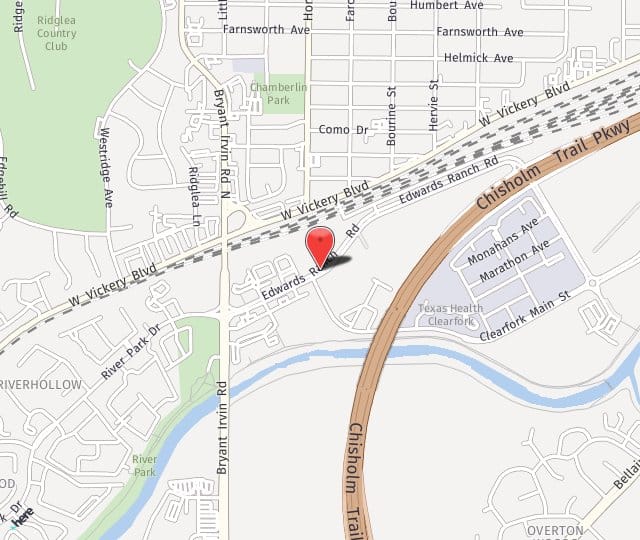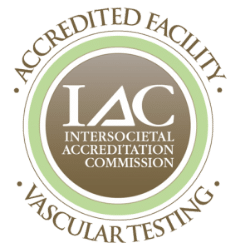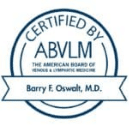 A tingling feeling in your body can happen now and then. But when it’s a regular occurrence in your legs, it can indicate signs of a problem. Restless leg syndrome (RLS) affects nearly 15 percent of the population and is frustrating for many people. However, with a thorough understanding of the condition and a sound care plan, relief from restless leg syndrome is achievable.
A tingling feeling in your body can happen now and then. But when it’s a regular occurrence in your legs, it can indicate signs of a problem. Restless leg syndrome (RLS) affects nearly 15 percent of the population and is frustrating for many people. However, with a thorough understanding of the condition and a sound care plan, relief from restless leg syndrome is achievable.
What Causes RLS?
There has been a lot of speculation over the cause of restless leg syndrome. Recent advances point toward several risk factors. Causes of restless leg syndrome can include
- Genetics
- Iron Deficiency
- Dopamine levels
- Depression
- Parkinson’s disease
- Diabetes
Symptoms of Restless Leg Syndrome
Restless leg syndrome can come with many symptoms that wreak havoc on your life. Restless leg syndrome can create a powerful urge to move your limbs, bringing temporary relief from limb discomfort. This urge to move usually comes from lying down or sitting. The pain and need to move can create sensations of crawling, tugging, itching, and pulling in the legs.
Since you feel the urge to move and stretch at night, it disrupts your sleep, making you groggy, unproductive, and irritable.
How is RLS Diagnosed?
The diagnosis of restless leg syndrome depends on your symptoms, neurological exam, and family history. Your doctor may also perform blood tests to eliminate other possibilities.
Also, if you have spider veins, varicose veins, or venous insufficiency, it may contribute to your RLS symptoms. Speaking with an experienced healthcare professional can help determine the cause of your symptoms and how to address them.
Is RLS Dangerous?
While restless leg syndrome is not life-threatening, leaving it untreated can severely impact your quality of life. RLS can affect your sleep, leaving you exhausted. The lack of rest from RLS makes it hard to accomplish tasks, impairs your concentration, and contributes to bouts of depression.
If you’ve experienced RLS symptoms, speak with a professional as soon as possible.
How is RLS Treated
Your treatment for restless leg syndrome depends on the severity of your symptoms. Some medications, such as iron supplements, dopamine agonists, and muscle relaxers, can help. Following your doctor’s advice can help you get on the path toward relief.
If you’ve experienced symptoms of RLS, our office can help. Schedule a consultation with Dr. Oswalt at Ft. Worth Vein Center by calling 817-893-2661.










